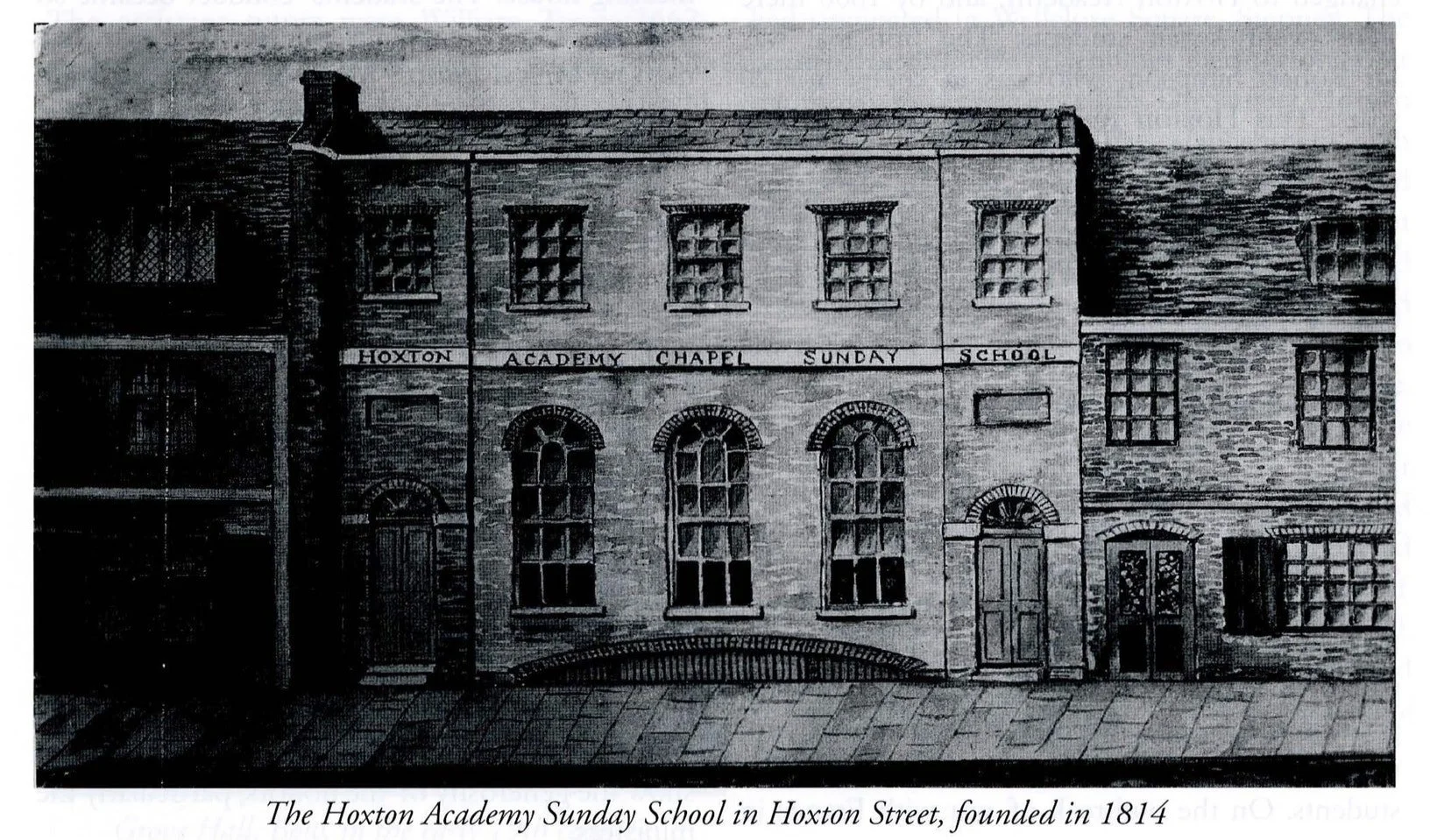John Urquhart, part 10: At a Crossroads
Would John return to St. Andrews or head south to London?
On May 12, 1825, John returned home from his third year at St. Andrews. This gave him a summer break from the classroom, but he was too diligent to let time slip by. His plans for the coming months and subsequent list of accomplishments is proof that he had learned to number his days and redeem his hours. In keeping with his desire to reach lost souls, he taught regularly at a Sabbath school near Perth and also met frequently with young men of his own age that he had gathered for discipleship. His personal academic goals for the summer days included 2 hours of Greek, 2 hours of Latin, and an hour each of mathematics, French, and Hebrew. For good measure, he also planned on still another hour dedicated to “English reading.” He did manage to leave himself time for 2 meals a day and several periods of walking!
The end of the summer showed the truth of Solomon’s words that “in all labor there is profit” (Prov. 14:23). Some of his accomplishments that he noted in his journal were “Greek Testament, Matthew to Romans” (presumably he means he translated these books), “revised 184 pages of Hebrew grammar,” and he read 72 lectures of Brown’s philosophy, Richard Baxter’s The Saints’ Everlasting Rest, Jonathan Edwards’ Religious Affections, and Melville Horne’s Letters on Missions. These studies were designed to prepare him for his expected future labors, but the month of June had also brought a delightful reunion with his old pastor, and the conversations they had almost changed his plans for the following academic year.
Pastor Orme was happy to see that his young protégé had not lost any of his zeal for foreign missions nor grown proud from his academic accomplishments. At 17, he was gifted enough to have been puffed up with pride, but his gratitude for God’s grace kept him humble. Orme did not want to discourage him from making plans for the mission field, but he recognized that his youth and his parents’ reluctance to see him leave should be given consideration. Orme felt that rather than returning to St. Andrews in November, Urquhart would be better off if he applied to one of the ministerial schools run by the dissenting church.
Hoxton Academy in London was such a school. Not only would it put him in a place where he could study both Scripture and missions, it would also put him close to one of the most respected missionaries of his generation. After many years in China, Robert Morrison had returned to England for several years and was staying in London. He would only be there for another year, and if John attended Hoxton, he could also learn about missions and the Chinese language directly from Morrison. This unique opportunity made Hoxton look like the wisest choice, and both his friend John Adam and his “father in Christ” (his description of Orme) agreed. John therefore decided to set aside a day to pray about his decision and asked his friends to join him in asking God for direction. By July, although he deeply desired to return to his friends at St. Andrews, he had applied to Hoxton.
As providence would have it, however, the trustees at Hoxton felt that he was still too young to begin studies with them; besides, the school was already full for the upcoming year. They would, however, be glad to take him the following year. This took from John the opportunity of studying under Morrison, but it also gave him some relief; he now had the settled conscience that he had done what he thought was right but was now free to return to St. Andrews and his like-minded friends.
